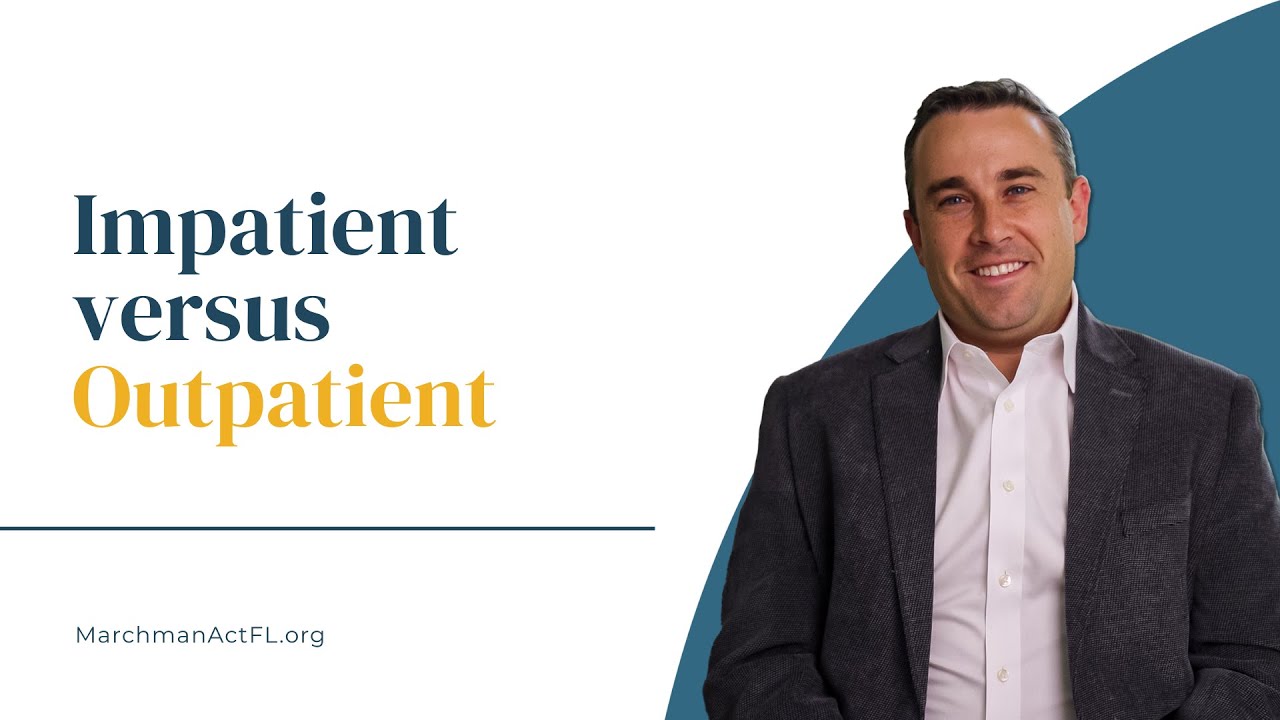
Understanding Inpatient Treatment: Features, Benefits, and Challenges
When individuals face severe substance use disorders, inpatient treatment programs often represent the most intensive and structured approach to recovery, providing 24/7 medical supervision and extensive therapeutic support. Within the inpatient environment, individuals receive detailed care that includes medical detoxification, individual counseling, group therapy, and holistic wellness activities.
Treatment duration typically ranges from 28 to 90 days, depending on the severity of addiction and individual progress, allowing individuals to focus entirely on their recovery journey without external distractions or triggers. While the structured setting offers significant advantages for those requiring intensive support, challenges may include higher costs, temporary separation from family and work responsibilities, and the eventual need to shift back to daily life while maintaining sobriety gains achieved during the program.
Navigating Outpatient Programs: Flexibility and Support Options
Although inpatient treatment provides intensive care for severe substance use disorders, outpatient programs offer a flexible alternative that allows individuals to maintain their daily responsibilities while pursuing recovery goals. These programs emphasize flexibility benefits through customizable scheduling of therapy sessions, support group meetings, and counseling appointments around work or family commitments.
Outpatient treatment strengthens existing support systems by enabling participants to practice recovery skills in real-world settings while maintaining connections with family and friends. The programs typically include individual counseling, group therapy, and educational workshops, with varying levels of intensity based on individual needs. Participants can access community resources, attend 12-step meetings, and develop coping strategies while maneuvering daily challenges, creating a sustainable foundation for long-term recovery within their natural environment.
The Marchman Act: Legal Framework for Intervention in Florida
The Marchman Act serves as Florida’s primary legal mechanism for facilitating involuntary assessment, stabilization, and treatment of individuals struggling with substance use disorders, providing families and loved ones with a structured pathway for intervention.
Under Florida law, this thorough legal process allows for the involuntary commitment of individuals when their substance use poses a significant threat to themselves or others. The court-ordered intervention requires specific documentation of the person’s condition, including evidence of substance abuse and the potential for harm, which must be presented through a formal petition. Healthcare professionals, law enforcement agents, and family members can initiate the legal process, which typically begins with an assessment period followed by potential court-mandated treatment lasting up to 60 days, with possible extensions based on medical necessity.
Making the Right Choice: Factors to Consider in Treatment Selection
Selecting between inpatient and outpatient substance use treatment presents individuals, families, and healthcare providers with a complex decision-making process that requires careful evaluation of multiple essential factors.
Several key considerations guide this important decision, including the severity of substance use, presence of co-occurring disorders, and stability of the home environment. Treatment goals must align with personal circumstances, such as work obligations, family responsibilities, and financial resources. The level of medical supervision required, intensity of withdrawal symptoms, and previous treatment history also considerably influence the selection process. Additionally, factors like geographic accessibility to treatment facilities, insurance coverage limitations, and the availability of social support systems play vital roles in determining whether inpatient or outpatient care will provide the best path toward sustained recovery.



